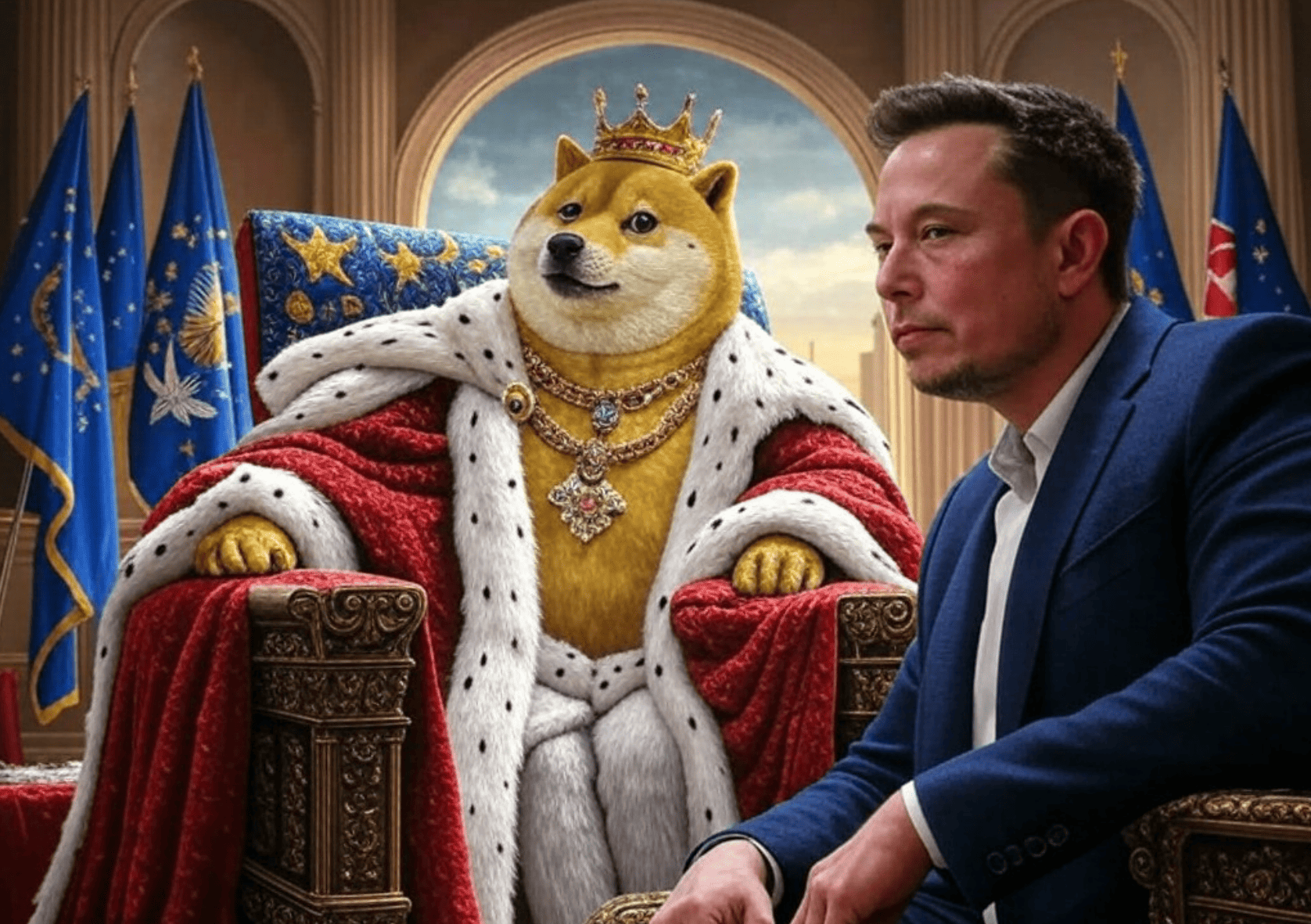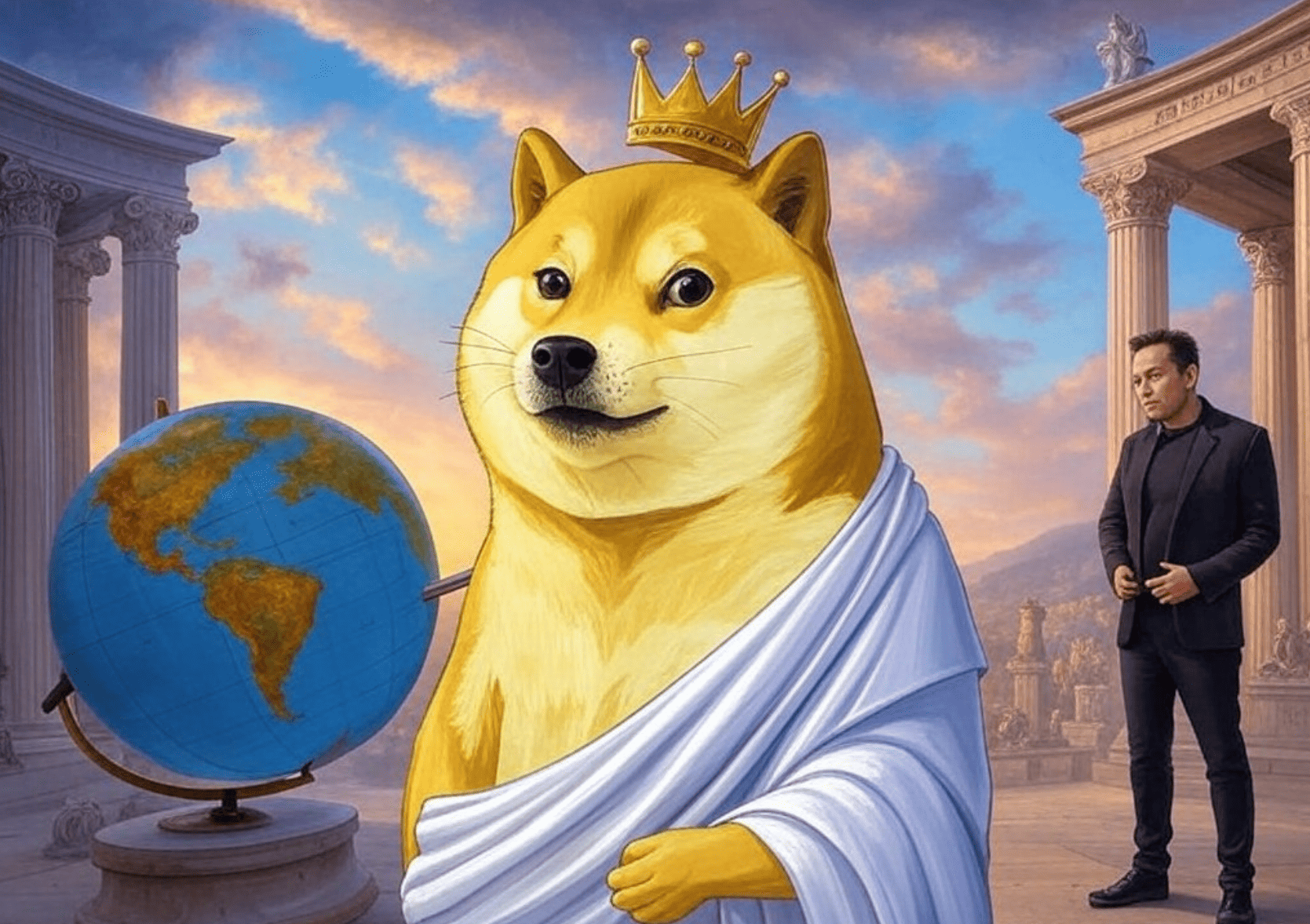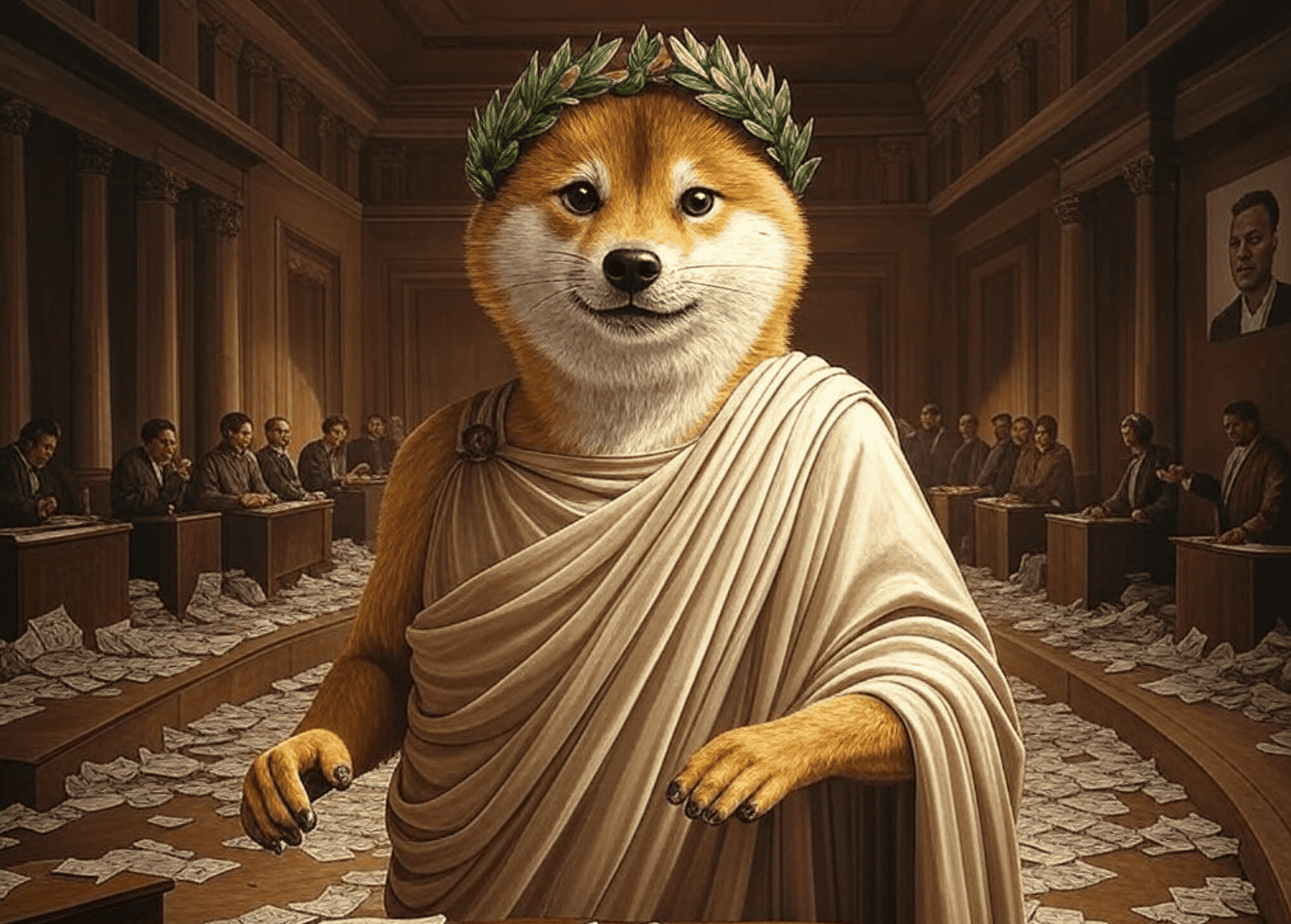Hello!
In a surprising announcement that has both intrigued and bewildered the American public, President-elect Donald Trump has established a new initiative dubbed the Department of Government Efficiency (DOGE).
This move, spearheaded by tech mogul Elon Musk and entrepreneur Vivek Ramaswamy, aims to tackle one of the most persistent criticisms of government: inefficiency and waste. But with a name that echoes one of the internet's most famous memes, Dogecoin, one might wonder if this is a genuine attempt at reform or just another political gimmick.
The Vision Behind DOGE
Trump's vision for DOGE is clear: to dismantle the bureaucratic tangles, slash unnecessary regulations, and significantly cut wasteful government spending. According to Trump's statement, Musk and Ramaswamy will "pave the way for my Administration to dismantle Government Bureaucracy, slash excess regulations, cut wasteful expenditures, and restructure Federal Agencies."
This initiative is pitched as an advisory body rather than a formal department, which means it won't need congressional approval to operate but will influence policy from outside traditional government structures.
Leadership and Strategy
Elon Musk, known for his disruptive innovations at Tesla and SpaceX, alongside Vivek Ramaswamy, a former presidential candidate with a keen eye on government overreach, are tasked with leading this charge.
 Their strategy includes:
Their strategy includes:
- Identifying Waste: By compiling a list of inefficiencies and proposing executive actions to address them.
- Regulatory Review: Aiming to rescind regulations perceived as overreaching or outdated.
- Public Engagement: Utilizing social media and direct public interaction to gather insights on government inefficiencies, with Musk hinting at "maximum transparency" in the process.
The DOGE Methodology
Interestingly, the approach to staffing DOGE mirrors Musk's unconventional methods. The initiative is seeking "super high-IQ small-government revolutionaries" willing to work extensive hours on unglamorous tasks without monetary compensation. This unusual recruitment drive has been met with both enthusiasm and skepticism, especially since the job promises no pay but lots of "enemies."
Political Reactions
The formation of DOGE has elicited mixed reactions across the political spectrum:
- Republican Support: House Speaker Mike Johnson and several Republican senators have expressed enthusiasm, viewing DOGE as a step towards fulfilling long-held conservative goals of government downsizing.
- Democratic Skepticism and Support: While some Democrats like Representative Jared Moskowitz have joined the DOGE caucus, signaling bipartisan interest in government efficiency, others are wary of the underlying motives, fearing it could be a guise for cutting essential public services. Independent Senator Bernie Sanders has even praised certain aspects of DOGE's approach, particularly regarding defense spending.
- Public and Media Scrutiny: There's a spectrum of public opinion from those who see DOGE as a potential game-changer in government operations to those who perceive it as a meme-laden distraction from serious policy work. The media has largely focused on the irony of naming an efficiency commission after a meme cryptocurrency.
Challenges and Controversies
- Authority and Implementation: DOGE's advisory status raises questions about its actual power to enact change. How will its recommendations be implemented without congressional backing?
- Potential Conflicts of Interest: Musk's involvement, given his companies' reliance on government contracts, has sparked debate about conflicts of interest. Critics argue that his position could influence policy in ways that benefit his businesses
- Public Perception: The lighthearted naming of DOGE might undermine its credibility among those who view government reform as a serious matter.
Looking Forward
 The DOGE initiative is set to conclude its work by July 4, 2026, celebrating the 250th anniversary of the Declaration of Independence with what Trump describes as "the perfect gift to America" - a leaner, more efficient government. Whether this will be seen as a historic reform or a flash in the pan of political experimentation remains to be seen.
The DOGE initiative is set to conclude its work by July 4, 2026, celebrating the 250th anniversary of the Declaration of Independence with what Trump describes as "the perfect gift to America" - a leaner, more efficient government. Whether this will be seen as a historic reform or a flash in the pan of political experimentation remains to be seen.
As DOGE moves from announcement to action, the world will watch with keen interest. Will it redefine government efficiency, or will it be remembered as a moment when politics took a meme too literally? Only time will tell, but one thing is clear: the Department of Government Efficiency @DOGE has already made its mark on the political landscape, for better or for worse.
Elon Musk's Role in DOGE: A Deep Dive into Government Efficiency and Political Innovation
Elon Musk's involvement with the Department of Government Efficiency (DOGE) marks a unique intersection of tech innovation, political ambition, and meme culture, creating one of the most talked-about developments in recent U.S. political landscape.
Potential Impact and Controversies
- Influence on Policy: Musk's involvement could significantly sway policy in areas like technology, space, and automotive industries, given his expertise and vested interests.
However, this also raises concerns about:
- Conflicts of Interest: Critics argue that Musk's companies, like Tesla and SpaceX, which benefit from government contracts, could see advantages from DOGE's recommendations, potentially skewing policy in his favor.
- Public Perception: The naming of DOGE and Musk's role have been met with both enthusiasm and skepticism. While some see it as an innovative approach to government reform, others view it as a meme gone too far or question the seriousness of the initiative.
- Political and Economic Implications: Musk's push for efficiency could lead to significant changes in how government operates, potentially affecting everything from federal spending to regulatory frameworks. However, the feasibility of implementing such changes without formal governmental authority remains a point of contention.
Challenges Ahead
- Execution: Turning DOGE's recommendations into action will require navigating complex political landscapes, including bipartisan support and overcoming entrenched bureaucratic systems.
- Sustainability: Given DOGE's temporary nature (set to conclude by July 4, 2026), ensuring that any efficiency gains are not just temporary but lead to long-term governmental reform is a significant challenge.
- Public Trust: Musk's polarizing public image and past controversies could impact public trust in the initiative's intentions and outcomes.
Conclusion
 Elon Musk's role in DOGE is emblematic of his broader influence, blending his entrepreneurial ethos with governmental affairs. Whether this experiment in government efficiency will yield lasting change or be seen as a footnote in political history remains to be seen.
Elon Musk's role in DOGE is emblematic of his broader influence, blending his entrepreneurial ethos with governmental affairs. Whether this experiment in government efficiency will yield lasting change or be seen as a footnote in political history remains to be seen.
However, Musk's involvement ensures that DOGE will be watched closely, critiqued, and possibly remembered as a bold, if not unconventional, attempt to redefine government operations in the digital age.
Thank you!
Join us on social media!
See you!






